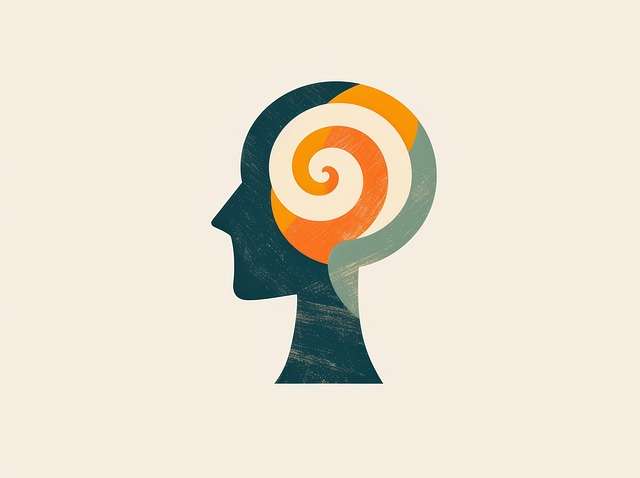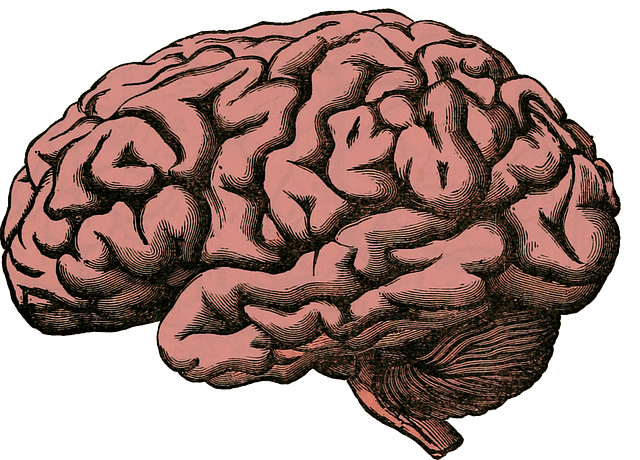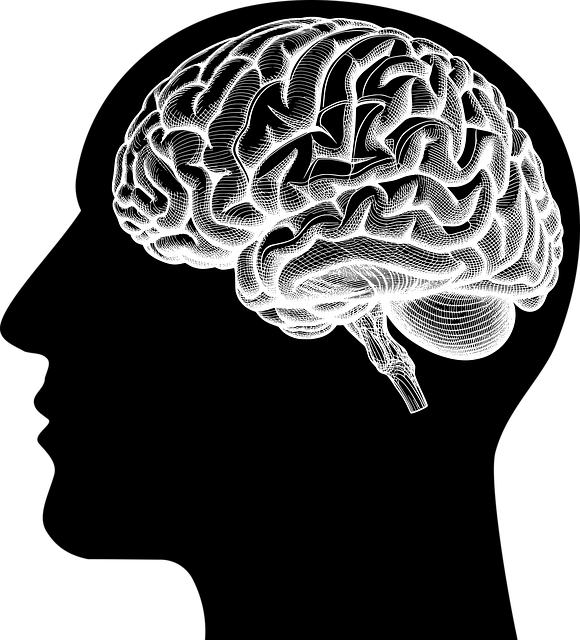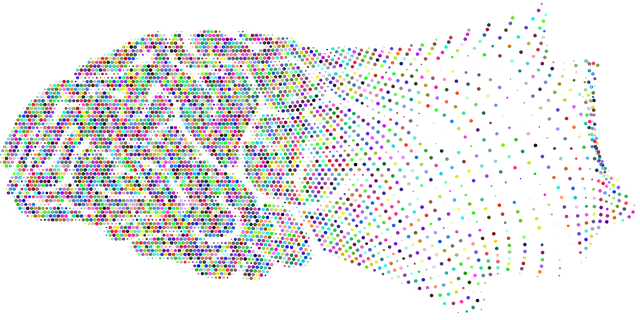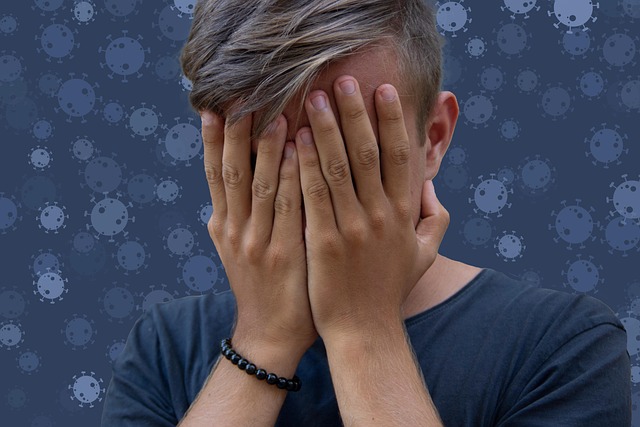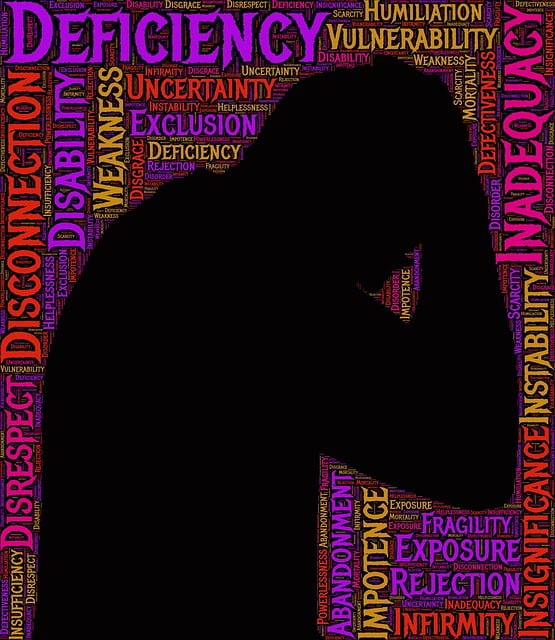Cultural sensitivity is crucial for effective mental healthcare, especially for Aurora abuse survivors, requiring therapists to understand and respect their unique cultural backgrounds. For these survivors, tailoring therapy involves addressing privacy, communication, and family dynamics. Mental health professionals must exhibit emotional intelligence and use culturally sensitive techniques to create safe spaces, integrating knowledge of clients' backgrounds into risk management planning. Specialized training and programs focused on self-care routines are essential for improving outcomes by empowering Aurora abuse survivors through holistic healing.
In the realm of mental healthcare, cultural sensitivity is paramount, especially when assisting Aurora abuse survivors. This article delves into the critical aspects of culturally competent practice, addressing the unique challenges faced by this vulnerable population. We explore strategies to enhance therapy sessions and facilitate healing journeys. Understanding cultural nuances is essential for professionals to provide effective support, ensuring Aurora abuse survivors receive care that respects their experiences and promotes recovery.
- Understanding Cultural Sensitivity in Mental Healthcare
- Challenges Faced by Aurora Abuse Survivors in Therapy
- Strategies for Culturally Competent Practice with Survivor Populations
- The Impact of Cultural Sensitivity on Healing and Recovery Journey
Understanding Cultural Sensitivity in Mental Healthcare

Cultural sensitivity is a cornerstone in providing effective mental healthcare, especially when working with diverse populations such as Aurora abuse survivors. It involves recognizing and appreciating the unique cultural backgrounds, beliefs, and values that shape an individual’s experience of seeking therapy. In mental health practice, this means adapting traditional therapeutic approaches to be inclusive and respectful, ensuring no harm or misunderstanding occurs.
For instance, understanding cultural norms around privacy, communication styles, and familial involvement can significantly impact therapy sessions. Aurora abuse survivors, in particular, may have experienced trauma that has altered their emotional responses and coping mechanisms. Therefore, mental health professionals must employ emotional intelligence to create a safe, supportive environment, using techniques for emotional well-being promotion tailored to each client’s cultural and personal needs. Effective risk management planning, which also incorporates cultural sensitivity, is vital to ensure the best possible care for these survivors.
Challenges Faced by Aurora Abuse Survivors in Therapy

Many Aurora abuse survivors face unique challenges when seeking therapy due to the sensitive nature of their past experiences. These individuals often carry complex trauma, which requires specialized care. Unfortunately, general therapists might not have the necessary training or cultural sensitivity to adequately address the specific needs of these survivors. The process of uncovering and healing from traumatic events can be hindered by a lack of understanding of cultural nuances and the impact of systemic abuse.
In providing therapy for Aurora abuse survivors, mental health professionals must consider the importance of cultural sensitivity in their practice. This involves integrating knowledge about the survivor’s cultural background into the therapeutic framework, ensuring safety and trust. Moreover, educating therapists on risk assessment is vital; it enables them to recognize potential triggers and implement strategies to create a supportive environment. Equally significant is designing mental health education programs that cater to these survivors’ unique circumstances, including incorporating self-care routine development as a tool for better mental health outcomes.
Strategies for Culturally Competent Practice with Survivor Populations

In the context of Aurora Abuse Survivors Therapy, fostering cultural sensitivity is paramount to delivering effective care. When working with survivor populations, therapists must first educate themselves on the unique cultural backgrounds and experiences of their clients. This involves understanding not just customs and traditions but also the historical trauma and systemic barriers that many survivors face. By creating a safe, culturally affirming environment, therapists encourage open communication and build trust.
Strategies for culturally competent practice include incorporating Social Skills Training to help survivors navigate interpersonal interactions sensitively, promoting Coping Skills Development tailored to their cultural contexts, and teaching Mood Management techniques that align with their beliefs and values. These approaches not only enhance the therapeutic process but also ensure that the care provided is respectful, relevant, and empowering, ultimately supporting the holistic healing journey of each survivor.
The Impact of Cultural Sensitivity on Healing and Recovery Journey

Cultural sensitivity plays a pivotal role in enhancing the healing and recovery journey for Aurora abuse survivors seeking therapy. By incorporating an understanding of diverse cultural beliefs, practices, and values into mental healthcare, therapists create a safe and supportive environment that respects the client’s identity and background. This approach not only improves access to care but also fosters trust between the therapist and survivor, encouraging open communication.
When survivors from various cultural backgrounds feel seen and heard, they are more likely to engage in therapy openly, share their unique experiences, and develop effective coping strategies. The process can be transformative, boosting confidence and promoting positive thinking. Moreover, culturally sensitive practices extend beyond individual therapy sessions; community outreach program implementation, tailored to address the specific needs of diverse groups, can further support survivors’ holistic well-being.
Cultural sensitivity in mental healthcare is not just a best practice, but an essential component for healing and recovery among Aurora abuse survivors. By understanding the unique challenges these individuals face and implementing culturally competent strategies, therapists can create a safe and supportive environment. This approach enhances trust, improves engagement, and ultimately facilitates more effective therapy. Recognizing and respecting cultural differences can be a game-changer in the journey towards healing for Aurora abuse survivors.
